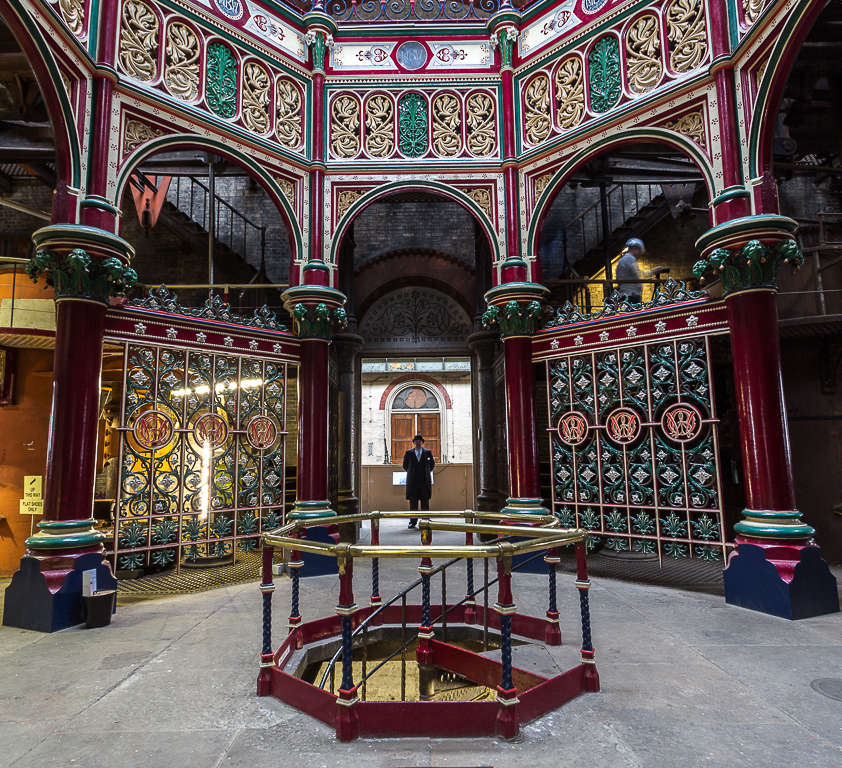Now my homewaters are just up from where the Atlantic turns into the English Channel; the south west is greatly influenced by this body of water - our weather certainly is with all depressions originating over it. The Gulf stream brings a mild winter to Cornwall and Devon shores; the big breakers on our north and south shores - so ideal for surfing - originate far out in the Atlantic. And so it was I was drawn to this full page essay....and what a gem it was.
The Pillars of Hercules........read on..........
How have we reduced such an amazing body of water down to merely 'the pond'? I have to say he does raise some thought provoking questions!
He suggests many reasons, some mainly to do with aircraft pilots - details about 'our crossing today'; the 'track we will follow will take us out over the north Atlantic before turning south down along the coast of.......' which sort of diminishes the sheer distances involved really! 'We will arrive ahead of schedule due to a tail wind of.........'; or 'we have caught up during the crossing and so will only be a few minutes late descending into Heathrow.....' are phrases I've often heard but never really thought of.....I mean lets face it - its dull grey, boring, with the odd ship track to interest you and it goes on for several hours.......and there is so much in flight entertainment......why would we bother to think about what a great body of water we are crossing?
Simon raises the spectre of famous places we pass over but which never get mentioned by flight crews.......ancient ocean history he calls it in names such as 'Bloody foreland', Innishtrahull', 'Fastnet Rock', 'Cape Farewell', 'Nantucket' and 'The Ambrose lighthouse'.
I was never really aware that it was the great Phoenician traders who first ventured out onto the Atlantic in a search for further trade. According to Simon, the story goes that in the 8th century BC, Phoenician galloi were plying trade between various ports across the Mediterranean Sea. No-one ventured out past the Pillars of Hercules (Gib rock and opposite Jebel Musa). trade was between famous cities - Alexandria, Genoa, Tripoli. Known as the Sea of Perpetual gloom ( I rather like that description), sailors kept well away from the fierce Atlantic swells. Great profits could be made from trading Murex snails (I'm beginning to feel sorry for these little guys and I don't even know what they look like!) which provided a much favoured indelible purple dye popular with the Mediterranean elite families, and so, it is likely that one brave Phoenician captain took his ships out between the Pillars of Hercules into those fearsome seas. Trading posts were established at the port of Essaouira, where the poor snails seemed to breed in abundance....and so 3000 years ago, as Simon puts it, 'the world reached a tipping point......where the Mediterranean Sea had been the inland sea of world civilization......but now the Atlantic was to seize that role and expand it'. Wow!
He puts up a lovely argument that Parliamentary democracy starts within sight of the Atlantic.......hang on readers, before you rush to object....wait for his argument! Winchester claims that with 'impeccable symbolism' the Atlantic is itself born under the first Parliament - Thingvellir in Iceland! Here tectonic plates tear apart to form the mid Atlantic ridge (we move at a rate of 4 - 5cm per year away from our American cousins...across the pond (said with tongue firmly in cheek)). Anyway here, in the valley on the island was formed the Althing...the Reykjavik Althing is the world's oldest surviving parliament.......all in sight of this great vast ocean.
Simon goes on to discuss trade, the setting up of 'The Hanseatic League' and the growth of ports across Scandinavia....but my favourite anecdote is one about Chaim Weizmann, professor of Biology at the University of Manchester in 1916.
HMS Repulse around 1916
His essay went on to cite many more examples of the unique history of the Atlantic....and I will leave you to search for it online via the Times newspaper website......for me it was a cracking article and I will not see those Atlantic rollers in the same way when I'm next in Arwen, heading around Rame Head, south to Looe!
Steve
























2 comments:
Nice post, and very interesting. Just the sort of thing that appeals to me, as well, Steve. I'll definitely try to find a copy of the book over here.
- Barry
hey - it's nice to fins someone else who thinks like me - glad you enjoyed it - I'm about to try and amazon search for the book - good luck
Steve
Post a Comment